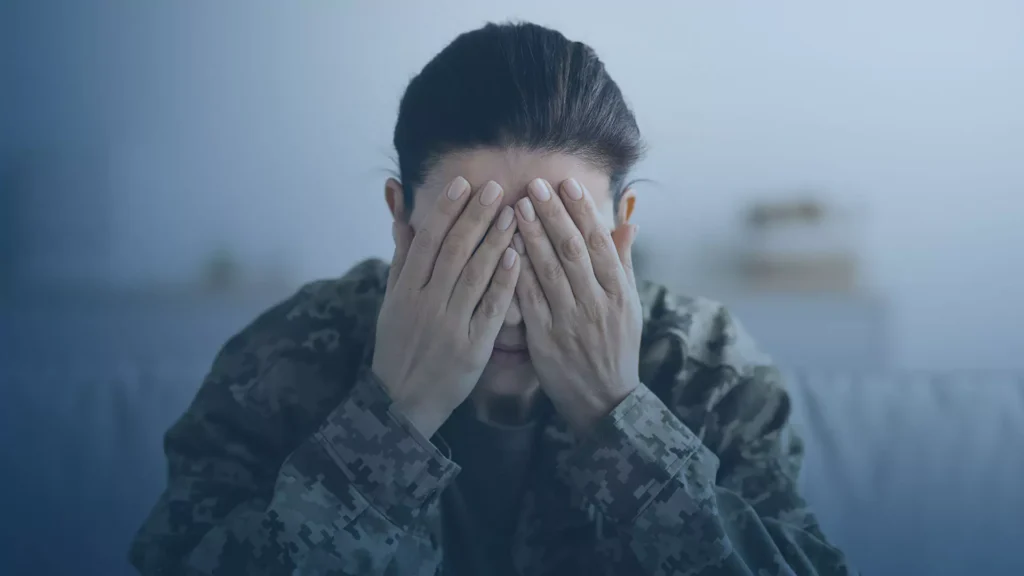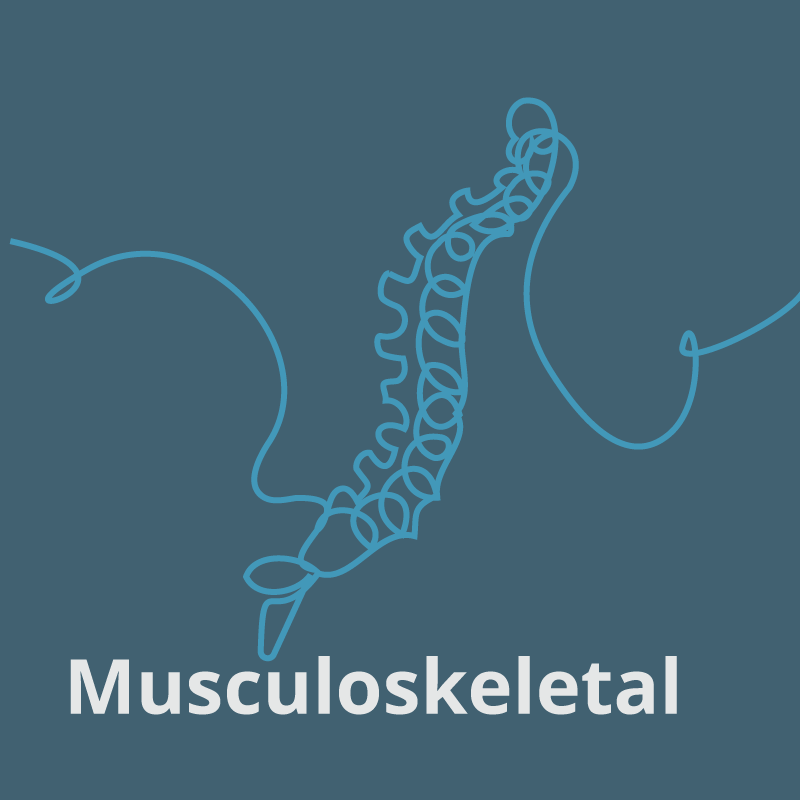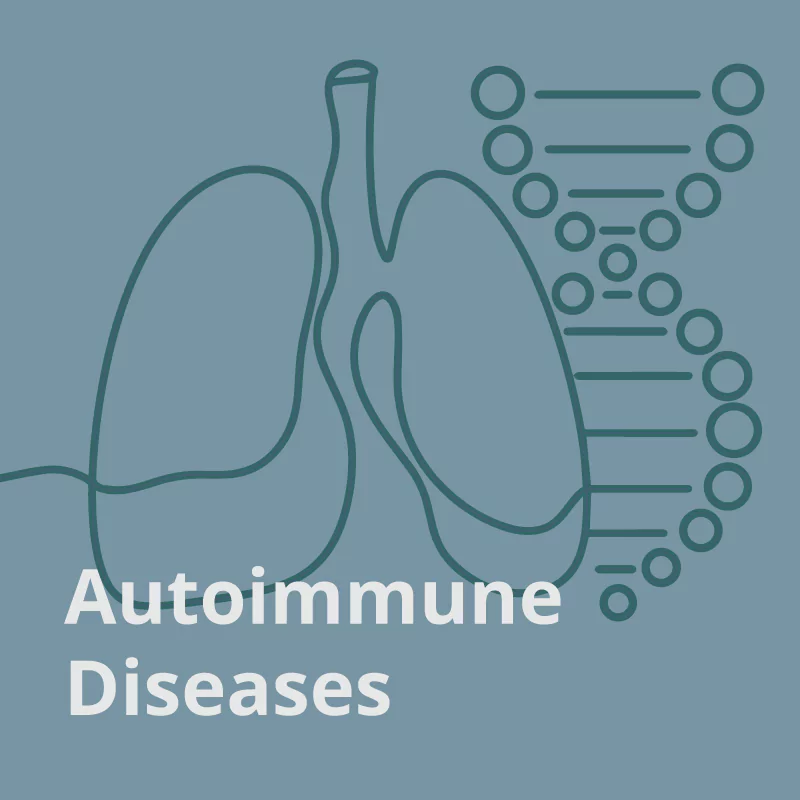PTSD due to MST Lawyers for Veterans

Veterans who have experienced Military Sexual Trauma (MST) often suffer from lasting psychological effects, including Post-Traumatic Stress Disorder (PTSD). MST refers to sexual assault or harassment that occurs during military service and can happen to service members of any gender. The trauma associated with MST can lead to severe emotional distress, difficulty maintaining relationships, and challenges in daily life. Many survivors develop PTSD, anxiety, depression, or other serious mental health conditions.
The Department of Veterans Affairs (VA) recognizes PTSD caused by MST as a service-connected disability, making Veterans eligible for compensation and medical care. However, filing a VA disability claim for PTSD due to MST can be challenging. Many Veterans face denials or receive a disability rating that does not reflect the full extent of their condition. Unlike combat-related PTSD, claims for PTSD due to MST often lack official documentation, making it difficult for survivors to prove their cases.
At Veterans Law Group, we help MST survivors fight for the benefits they deserve. If your claim has been denied or rated too low, we can assist you in building a strong case and navigating the VA appeals process. Our legal team has decades of experience handling MST-related PTSD claims and is committed to helping Veterans obtain the compensation and care they need.
What Is Military Sexual Trauma?
Military Sexual Trauma refers to any form of sexual harassment, unwanted sexual contact, or sexual assault that occurs while serving in the military. This includes physical assault, coercion, threats, and repeated sexual harassment that creates a hostile environment. MST is not limited to physical violence; it also includes situations where a service member is pressured into unwanted sexual acts due to power dynamics or threats to their career.
The effects of MST can be long-lasting. Many survivors struggle with PTSD, depression, and other mental health conditions. Some experience difficulty trusting others, maintaining personal relationships, or feeling safe in their surroundings. Many also develop sleep disturbances, chronic anxiety, or physical health problems related to the stress of their trauma.
Because of the stigma surrounding MST, many survivors do not report their experiences at the time they occur. Fear of retaliation, concerns about harming their careers, or lack of support from leadership often prevent service members from coming forward. This lack of immediate documentation can make it difficult to establish a service connection when applying for VA disability benefits. However, with the right legal and medical support, Veterans can still build a strong case and obtain the benefits they are entitled to.
Understanding the Relationship Between PTSD and MST
PTSD is one of the most common conditions associated with MST. It develops when a person experiences a traumatic event that overwhelms their ability to cope. Veterans with PTSD due to MST often experience a wide range of symptoms, including flashbacks, nightmares, hypervigilance, emotional numbness, and difficulty concentrating. Many struggle with feelings of shame, guilt, or self-blame, which can make it even harder to seek help.
Unlike PTSD related to combat, PTSD from MST carries unique challenges. Survivors may feel isolated or unsupported, particularly if they did not report the incident at the time. Some feel betrayed by their leadership or fellow service members, making it difficult to trust others or function in group environments. This can lead to challenges in the workplace, difficulties in relationships, and a general sense of isolation.
Veterans with PTSD from MST may also develop co-occurring conditions such as depression, anxiety disorders, substance use disorders, or physical health problems. Many struggle with suicidal thoughts or self-destructive behaviors as they try to cope with their trauma. Because of the widespread impact of PTSD from MST, it is essential for Veterans to seek treatment and file a VA disability claim if their condition is service-connected.
Why MST-Related PTSD Claims Are Difficult to Prove
Many Veterans seeking VA disability benefits for PTSD due to MST encounter obstacles during the claims process. Unlike combat-related PTSD, where service records may include evidence of exposure to trauma, MST claims often lack direct documentation. Survivors may not have reported the incident at the time, and their service records may not contain any mention of the trauma.
The VA recognizes that MST is underreported and has made efforts to accommodate survivors by allowing alternative forms of evidence. However, many Veterans still face denials due to a lack of understanding by claims evaluators or insufficient supporting documentation. Some of the most common challenges MST survivors face when filing PTSD claims include:
- Lack of official military records documenting the assault or harassment
- Inconsistent statements due to trauma-related memory issues
- Misinterpretation of medical evidence by VA examiners
- Bias or lack of awareness by VA staff reviewing MST-related claims
- Denials based on insufficient proof of a service connection
Despite these challenges, Veterans can strengthen their claims by gathering supporting evidence, including medical records, statements from family or friends, and testimony from mental health professionals. Working with an experienced MST PTSD lawyer can help Veterans overcome these obstacles and present a compelling case to the VA.
How Veterans Can Prove PTSD Due to MST
Although MST-related PTSD claims can be difficult to prove, Veterans can use multiple forms of evidence to support their case. The VA allows alternative forms of proof since official documentation of MST incidents is often missing from service records. Some of the most useful types of evidence include:
- Medical records from VA or private providers that document PTSD symptoms
- Statements from mental health professionals linking PTSD to MST
- Reports of behavioral changes after the trauma, such as requests for duty transfers, decline in performance, or disciplinary actions
- Testimony from friends, family members, or fellow service members who observed changes in the Veteran’s behavior
- Personal statements describing the MST event and its impact on daily life
A well-documented claim that includes multiple forms of evidence can help strengthen the case for a service connection. However, even strong claims may face VA denials or low disability ratings. When this happens, Veterans have the right to appeal, and working with a skilled MST PTSD lawyer can significantly improve the chances of a successful outcome.
Common Misconceptions About MST and PTSD
Many misconceptions exist about Military Sexual Trauma (MST) and Post-Traumatic Stress Disorder (PTSD), making it harder for Veterans to seek help and receive the benefits they deserve. Misinformation and stigma often prevent survivors from coming forward, and misunderstandings within the VA claims system can lead to wrongful denials or low disability ratings.
These misconceptions can also make it more difficult for Veterans to receive proper treatment, as they may feel isolated or dismissed when trying to explain their experiences. Understanding the truth about MST and PTSD is essential in recognizing the lasting impact these experiences have on Veterans and the support they need.
MST Only Affects Women
One of the most widespread misconceptions is that MST only happens to women. While a significant number of MST survivors are women, many men in the military have also experienced sexual trauma. The Department of Veterans Affairs reports that men make up a large percentage of MST survivors, but because of societal stigma and expectations about masculinity, they are less likely to report their experiences. Many fear they will not be believed or that seeking help will make them appear weak.
This stigma leads to underreporting, making it harder for male survivors to establish a service connection when filing VA disability claims. It also affects the way some claims are evaluated, as male Veterans may encounter VA representatives or medical examiners who do not fully understand that MST impacts all genders. MST can happen to anyone, regardless of gender, and all survivors deserve recognition and access to treatment.
PTSD Only Develops in Combat Veterans
Another common myth is that PTSD only affects Veterans who served in combat. While combat exposure is one cause of PTSD, it is not the only one. MST survivors can develop PTSD even if they never saw combat, as trauma from sexual violence can be just as severe as trauma from battle. PTSD is caused by exposure to a life-threatening or deeply distressing event, and MST can have lasting psychological effects that interfere with daily life.
Many MST survivors experience flashbacks, nightmares, emotional numbness, and hypervigilance — symptoms that are just as debilitating as those seen in combat Veterans. Despite this, some Veterans hesitate to seek benefits for PTSD because they believe their trauma does not “count” if it is not combat-related. PTSD from MST is just as real as PTSD from combat, and Veterans suffering from it have the same right to disability benefits.
If MST Wasn’t Reported, It Didn’t Happen
One of the biggest challenges MST survivors face when filing VA disability claims is the misconception that if the incident was not reported at the time, it did not happen. Many survivors do not report sexual assault or harassment while in the military due to fear of retaliation, concerns about their career, or lack of support from leadership. Some are actively discouraged from reporting, while others worry that coming forward will only make their situation worse.
The VA recognizes that MST is underreported and allows alternative forms of evidence to support a claim. This includes medical records, testimony from family or fellow service members, behavioral changes, and statements from mental health professionals. A lack of official documentation should not prevent a Veteran from receiving benefits. However, many claims are still denied because VA examiners fail to consider this alternative evidence properly.
MST Survivors Should “Just Move On”
A harmful misconception about MST and PTSD is that survivors should simply “move on” and not dwell on their experiences. Some people believe that because the trauma happened in the past, Veterans should be able to put it behind them. This misconception ignores the reality of PTSD, which is not a choice or a weakness but a medical condition that requires proper treatment and support.
PTSD changes the way the brain processes fear and stress. Survivors may struggle with overwhelming emotions, panic attacks, and an inability to feel safe in everyday situations. Avoidance is a common symptom, leading some Veterans to withdraw from relationships, work, and activities they once enjoyed. Healing from PTSD requires time, treatment, and often legal advocacy to access the benefits necessary for recovery.
The VA Always Supports MST Survivors
While the VA has made efforts to improve its handling of MST-related claims, many survivors still encounter challenges when applying for benefits. Some VA representatives lack the training needed to evaluate MST claims properly, leading to unnecessary denials. Others may question a survivor’s credibility simply because there is no official documentation of the event.
Even when claims are approved, Veterans often receive disability ratings that do not fully reflect the severity of their PTSD. Many struggle to get the level of compensation and care they need to rebuild their lives. The VA is supposed to support MST survivors, but systemic issues mean that many claims are unfairly delayed, denied, or underrated. This is why working with an MST PTSD lawyer can be critical in securing the benefits Veterans deserve.
MST and PTSD Claims Are Impossible to Win
Some Veterans believe that fighting the VA is pointless and that they will never win their MST-related PTSD claim. While the VA claims process can be difficult, it is not impossible. Many Veterans have successfully secured benefits with the right legal and medical support.
Having a strong case with medical documentation, expert opinions, and personal statements can significantly improve a Veteran’s chances of approval. Even if a claim is denied, Veterans have the right to appeal, and many appeals result in successful outcomes. Veterans who work with experienced MST PTSD lawyers often have a better chance of receiving the benefits they are entitled to.
Misconceptions about MST and PTSD create barriers for Veterans seeking support, treatment, and disability benefits. False beliefs about who MST affects, how PTSD develops, and how the VA handles claims contribute to unnecessary struggles for survivors. Veterans should not be discouraged by misinformation or stigma. Help is available, and with the right advocacy, those suffering from PTSD due to MST can receive the care and compensation they need to move forward.
How PTSD Due to MST Lawyers Help Veterans
Filing a claim for PTSD due to MST can be overwhelming, especially for Veterans who are already dealing with the emotional and psychological effects of their trauma. A lawyer who specializes in MST-related PTSD claims can provide valuable support throughout the process.
An MST PTSD lawyer helps Veterans by gathering and organizing evidence to build a strong claim. This includes collecting medical records, obtaining expert opinions, and identifying alternative forms of proof that demonstrate the connection between PTSD and military service. An experienced attorney understands the challenges Veterans face when proving MST-related PTSD and can help prepare a claim that meets the VA’s requirements.
If a Veteran’s claim has already been denied or rated too low, an MST PTSD lawyer can file an appeal and challenge the VA’s decision. The appeals process can be complex, but having legal representation increases the chances of success. A lawyer can identify errors in the VA’s evaluation, submit new evidence, and present a compelling argument to secure a higher disability rating or overturn a denial.
Navigating the VA claims process can be stressful, but Veterans do not have to go through it alone. With the help of an MST PTSD lawyer, Veterans can focus on their recovery while an experienced legal team fights for the compensation they deserve.
Veterans Law Group Can Help
At Veterans Law Group, we are committed to helping MST survivors receive the benefits they deserve for PTSD and other service-connected conditions. The VA claims process can be frustrating, but you do not have to go through it alone. We have spent decades representing Veterans and helping them obtain the compensation they are entitled to.
If your PTSD claim due to MST has been denied, delayed, or rated too low, now is the time to take action. Every day without the benefits you need is another day of unnecessary stress and hardship. You fought through the challenges of military service — now let us fight for you.
Contact Veterans Law Group today for a free case review. Our experienced legal team is ready to help you navigate the VA system and take the next step toward securing the benefits you have earned.
Related Services
Related Blogs
Not Sure If You Can Appeal? Ask Us Today.
What Other Veterans Have To Say About Us
★★★★★
The experience and resources at the Veterans Law Group provided the help I needed and because of this I am most grateful. Be patient, reach out and allow this team to work with you.
– Michael D., Philadelphia, PA
★★★★★
This was the best decision I have ever made. Thank you Kelsey and Mychell for your professionalism and attention to detail. I am so grateful for everything that you have done for me. Don’t waste time. Go straight to the best!!!
– Michele Safos
★★★★★
During my long fight with VA, Mark and his staff of excellent paralegals stayed the course, remained professional, yet aggressive during our battle with the VA Appeals system. Let’s just say, the end result was truly a blessing for me and my family’s future- THANK YOU VETERANS LAW GROUP!!!!
– Marieco Myart











